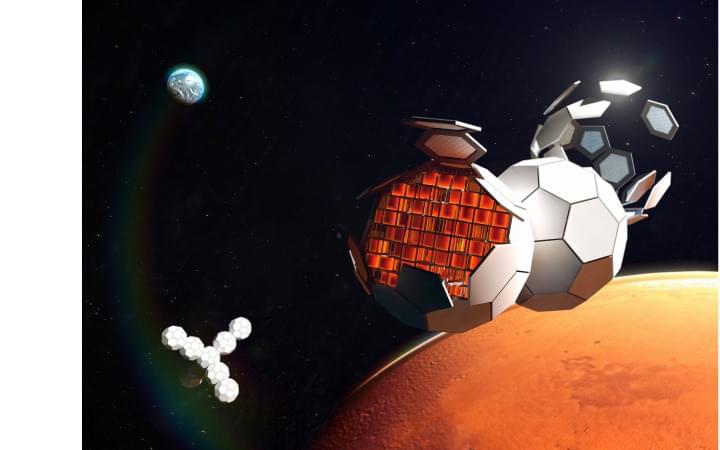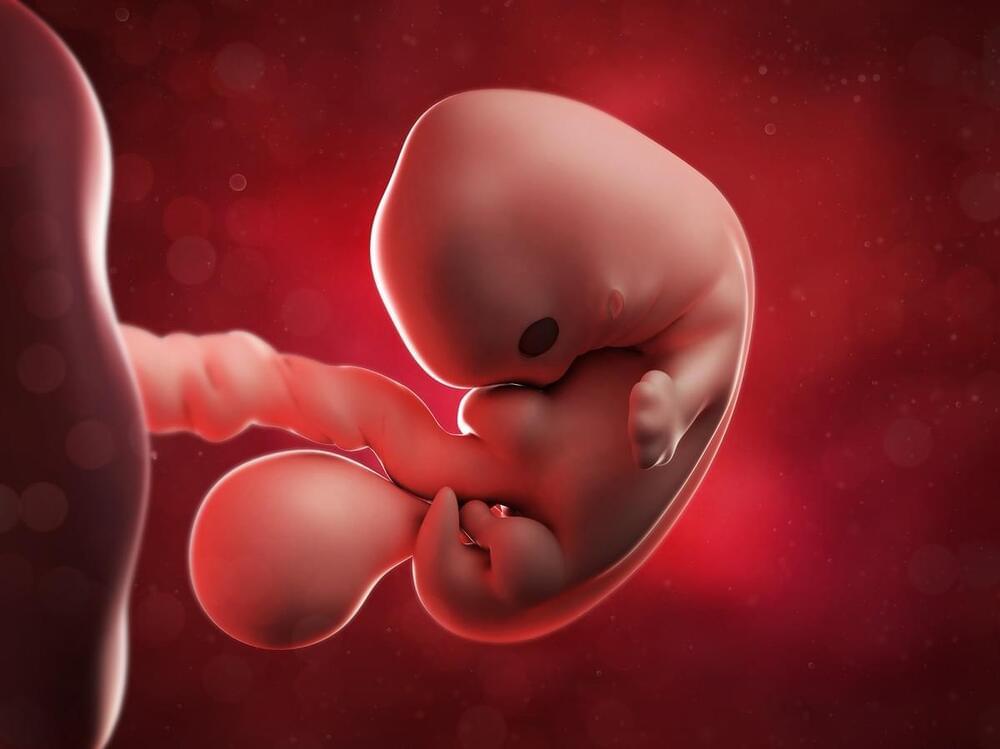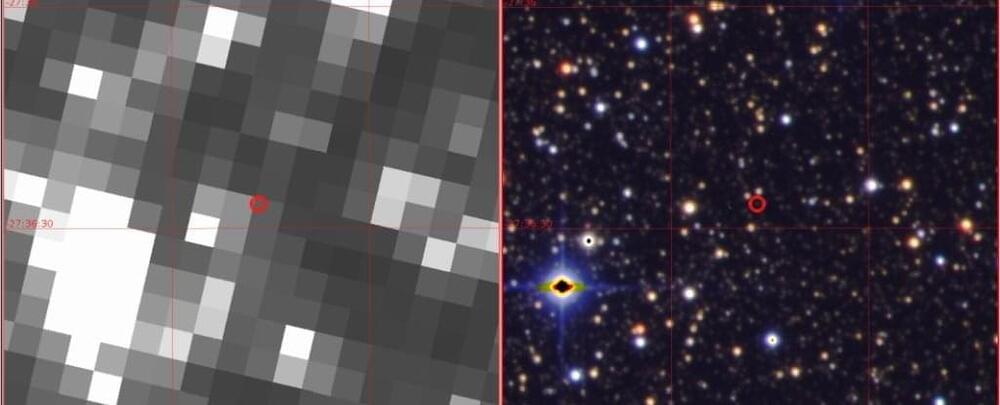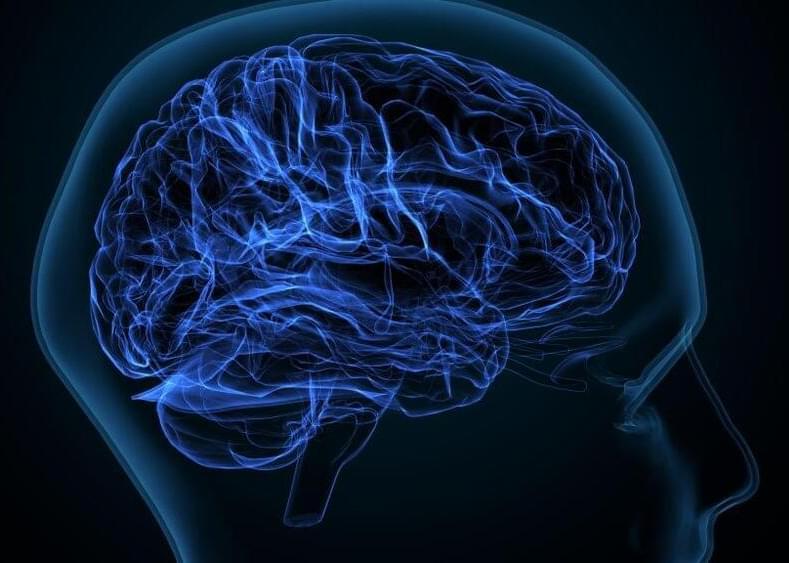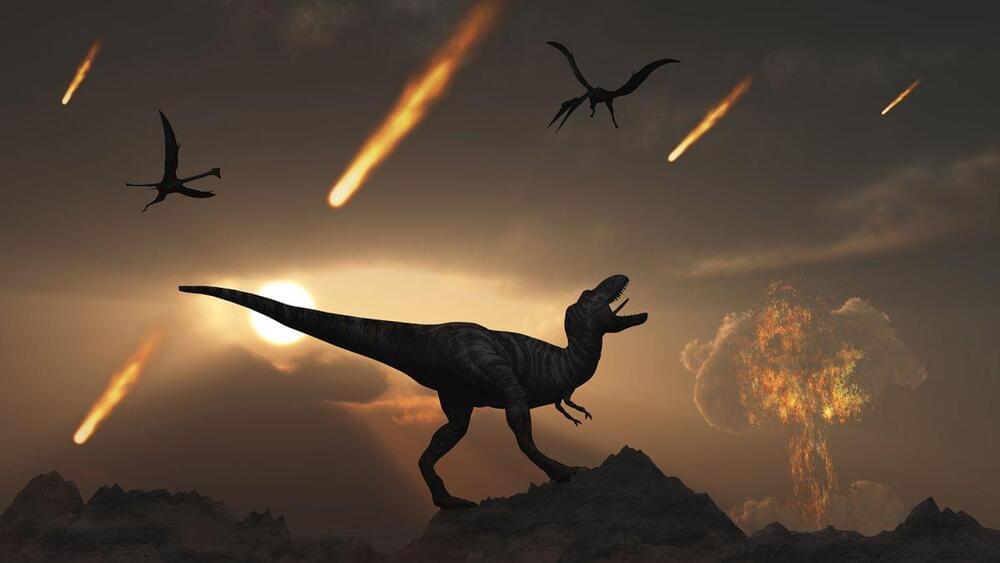Microplastics have been a persistent environmental problem, and it is now known that microplastics have permeated the terrestrial, freshwater, and marine ecosystems. Water treatment plants provide a viable solution for the removal of microplastics from the environment. However, until now, these plants have not been able to sufficiently filter out tiny microplastics in wastewater.
In the SimConDrill project, Fraunhofer ILT has joined forces with industrial partners to build a maintenance-free filter that stops microplastics in wastewater treatment. The challenge was to drill as many holes as possible, as small as possible, in a steel foil in the shortest time possible, says project manager Andrea Lanfermann.
Fraunhofer ILT engineers used the multi-beam process – in which a matrix of identical beams is generated from a laser beam via a special optical system – with an ultrashort-pulse laser (TruMicro 5,280 Femto Edition) to drill holes simultaneously with 144 beams.
In the first test, the fine powder from 3D printers was filtered from contaminated water. The setup is now being tested in a wastewater treatment plant under real conditions.
